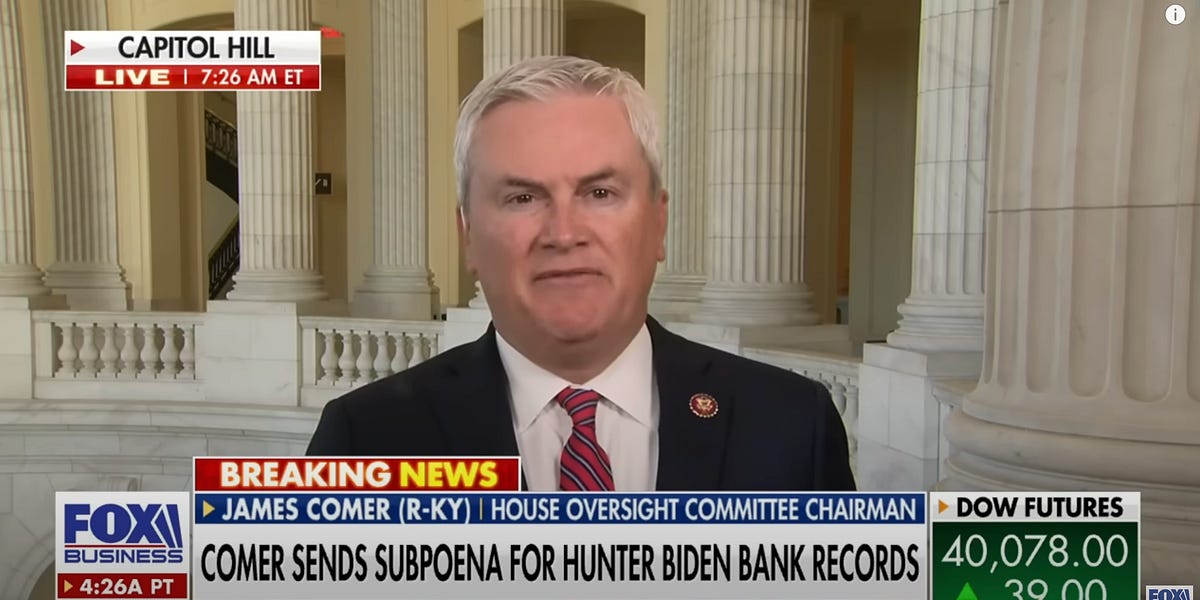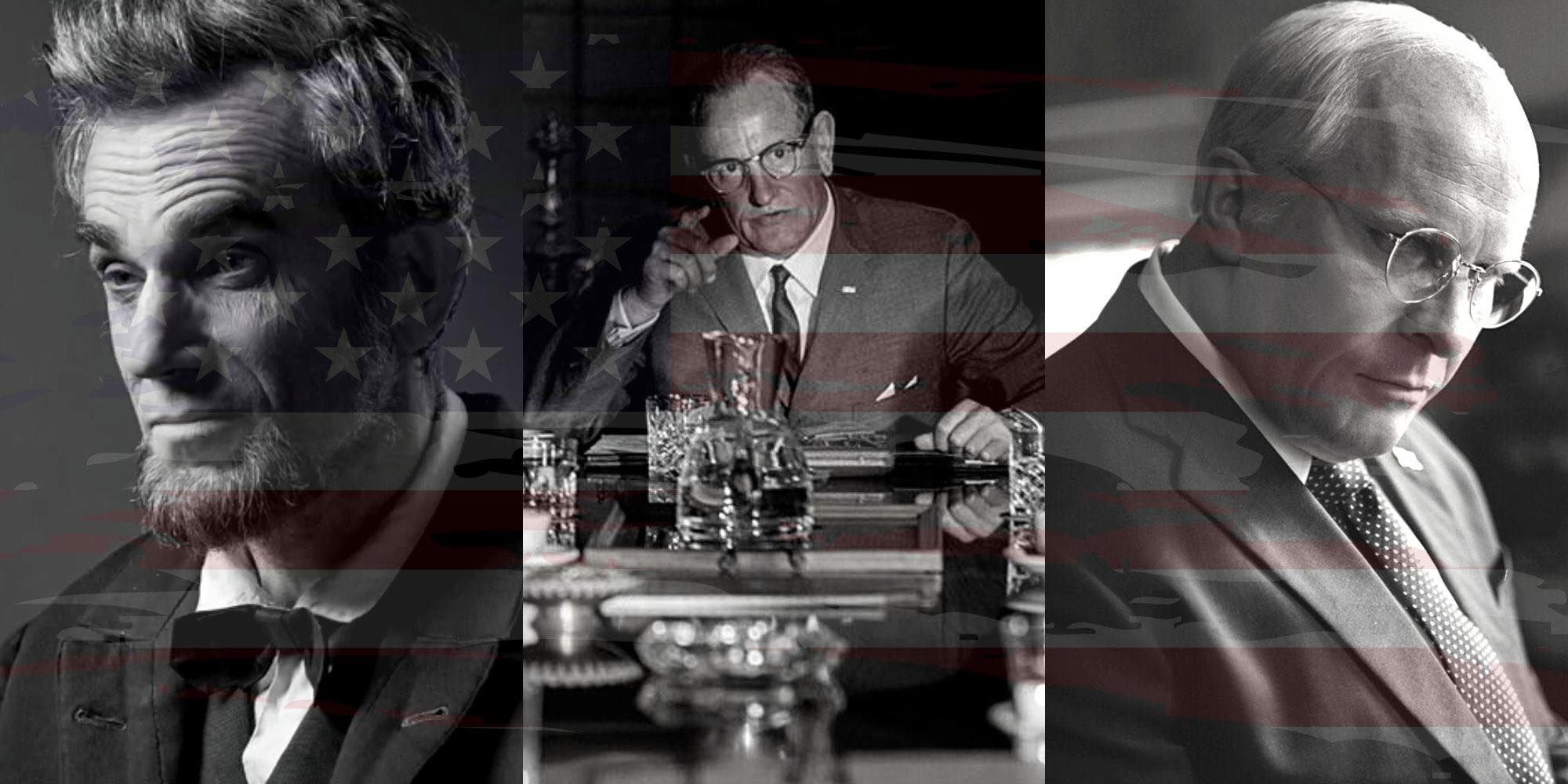Recently, biopics have dominated Hollywood, with movies based on the lives of notable people and artists being produced every year. People are eager to understand some historical events and are intrigued about the personal aspects of famous people, especially political figures such as Presidents.
Despite there being numerous other fictional, comic, or outright dramatic movies about the presidency on the market, these are the best biopics on American presidents.
‘Nixon’ (1995)
The former American president Richard Nixon, who is portrayed by Anthony Hopkins, is the subject of Nixon, which details his political and personal life. The president is shown in the movie as being severely flawed but also complex and admirable in many ways.
With certain dramatized scenes and the artistic flourishes of the famous Oliver Stone, the director of Platoon, the movie will provide the audience with all the information they need to know about the contentious president. Sir Hopkins also gives us a rich, powerful performance that builds a man rather than just mimics an image.
‘Frost/Nixon’ (2008)
Frost/Nixon is based on Peter Morgan‘s play of the same name from 2006, which he subsequently adapted into a screenplay. The movie is a fictionalized recreation of the infamous 1977 interviews seen from the perspective of the celebrity interviewer David Frost (Michael Sheen).
Instead of trying to imitate their characters, Frank Langella and Michael Sheen effortlessly embody them, giving the impression that they are real individuals rather than just actors portraying them. Moreover, with the use of close-up shots, director Ron Howard successfully made this battle of wits feel even more personal and suspenseful along with Morgan’s sharp writing.
‘Lincoln’ (2012)
Daniel Day-Lewis portrays Abraham Lincoln, the 16th President of the United States, in Steven Spielberg‘s 2012 biographical historical drama Lincoln. Team of Rivals: The Political Genius of Abraham Lincoln, written by Doris Kearns Goodwin in 2005, served as an inspiration for the movie.
Lincoln follows Lincoln’s final four months, focusing on his attempts to get the Thirteenth Amendment to the United States Constitution ratified by the House of Representatives in January 1865, ending slavery and involuntary servitude. The film is unquestionably sophisticated, intricate, and accurate to the shifting currents of real-world governance. Additionally, it is awarded two Oscars, one of which goes to Day-Lewis for Best Actor in a Leading Role.
‘Vice’ (2018)
Vice tells tales of the George W. Bush administration and the parts Vice President Dick Cheney played in influencing the current status of the nation as it follows Cheney on his journey to becoming the most powerful vice president in American history. The role of Cheney was portrayed by Oscar Winner, Christian Bale.
With flawless posture, body language, and eye contact that can be both friendly and steely, Bale expertly navigates through Cheney’s development over the course of the two hours. Following the success of The Big Short, Adam McKay makes a strong comeback with his distinctive style of filmmaking and his grandiose goals beginning with the opening moments that may impress many fastidious viewers.
‘W.’ (2008)
Oliver Stone’s W. focuses on former President George W. Bush and his personality, addiction, vulnerabilities, steadfast trust in a divine mission, and the desire to succeed. The film stars Josh Brolin in the titular role.
This film, about one of the most controversial presidents in history, is undoubtedly dramatic, fascinating, and amazingly well-made by the cast and crew. Moreover, the movie provides all the information viewers might ever want to know about the former President thanks to materials taken from tell-all books by former Bush advisers and reporting by journalists like Bob Woodward.
‘LBJ’ (2016)
Former President Lyndon B. Johnson‘s life is the main focus in LBJ as he teams up with John F. Kennedy, ascends to the presidency, and battles for civil rights during the 1960s. This film, which was directed by Rob Reiner and features Woody Harrelson as the titular president, offers an intriguing perspective on this crucial period in American history.
Harrelson gives a well-balanced portrayal, capturing how Lyndon Johnson felt the weight of the world on his shoulders and rose to the burden in a majority of admirable ways. LBJ is perhaps Rob Reiner’s best movie since 1995’s The American President, displayed competence and enthusiasm while teasing that he might yet have some interesting political anecdotes to share.
‘Thirteen Days’ (2000)
Thirteen Days follows the Kennedy administration in October 1962 as they attempt to control the Cuban Missile Crisis, one of the most notorious moments in American history. The film was based on Ernest R. May and Philip D. Zelikow’s 1997 book, The Kennedy Tapes: Inside the White House During the Cuban Missile Crisis, though it shares the same name as the 1969 book written by the former attorney general Robert F. Kennedy.
The film’s crisp, bland tone suits a plot that centers more on facts and speculation than action. It’s also fascinating how President Kennedy is portrayed by Bruce Greenwood, who offers a nuanced portrayal that could be the best in the movie.
Barry (2016)
Devon Terrell plays the future 44th president in this fictitious portrayal of Barack Obama‘s first term as a Columbia University student in the early 1980s in Vikram Gandhi’s Barry. The film focuses on a narrative about a young man negotiating a strange, confusing milieu than it is as a portrait of his later political career.
Terrell gives a lovely performance as Barry, often taking the lead with empathy and a sincere grin. Moreover, the film stands strong on its own as a character study of the challenges of being bi-racial, particularly in the extremely particular setting of Columbia University. Hence, Barry can teach viewers to value subtle cultural allusions in biopics.
Primary Colors (1998)
Even though the characters’ names are fictionalized in this film, it’s a pretty accurate depiction of Bill Clinton and his wife, Hilary’s path to the presidency. Primary Colors follows young Henry Burton (Adrian Lester), who joins Jack Stanton’s (John Travolta) political campaign, and their journey to Stanton’s victory for the Democratic Party.
This movie is humorous, perceptive, and very insightful about the reality of political life. Moreover, Travolta and Emma Thompson’s incredible on-screen chemistry and witty performances can easily satisfy any discerning viewers in this Mike Nichols film. Additionally, the movie has some worthy humorous sequences that serve to reduce the film’s tension.
Hyde Park on Hudson (2012)
Hyde Park on Hudson chronicles Franklin D. Roosevelt‘s romance with his distant cousin Margaret “Daisy” Suckley, from a more comic perspective. This light-hearted story, which takes place in 1939, is centered on the period when the King and Queen visit New York.
The film is humorous, believable, historical, and incredibly enjoyable with Bill Murray expertly and charming nailing the role of president Roosevelt. The ensemble does a great job of bringing the film to life, notably Laura Linney as Daisy who plays the part with elegance and grace and gives it such depth and personality.





























































.jpg)
.jpg)
.jpg)
.jpg)
.jpg)
.jpg)
.jpg)
.jpg)
.jpg)
.jpg)








![LinkedIn Provides Tips on How to Promote Live Events [Infographic] LinkedIn Provides Tips on How to Promote Live Events [Infographic]](https://imgproxy.divecdn.com/kA4YczoBIs8NmPBiERWa-OxzvYMz5kwjjZ6wewP8z7c/g:ce/rs:fit:770:435/Z3M6Ly9kaXZlc2l0ZS1zdG9yYWdlL2RpdmVpbWFnZS9saW5rZWRpbl9ldmVudF9hZHNfaW5mb18yLnBuZw==.webp)


